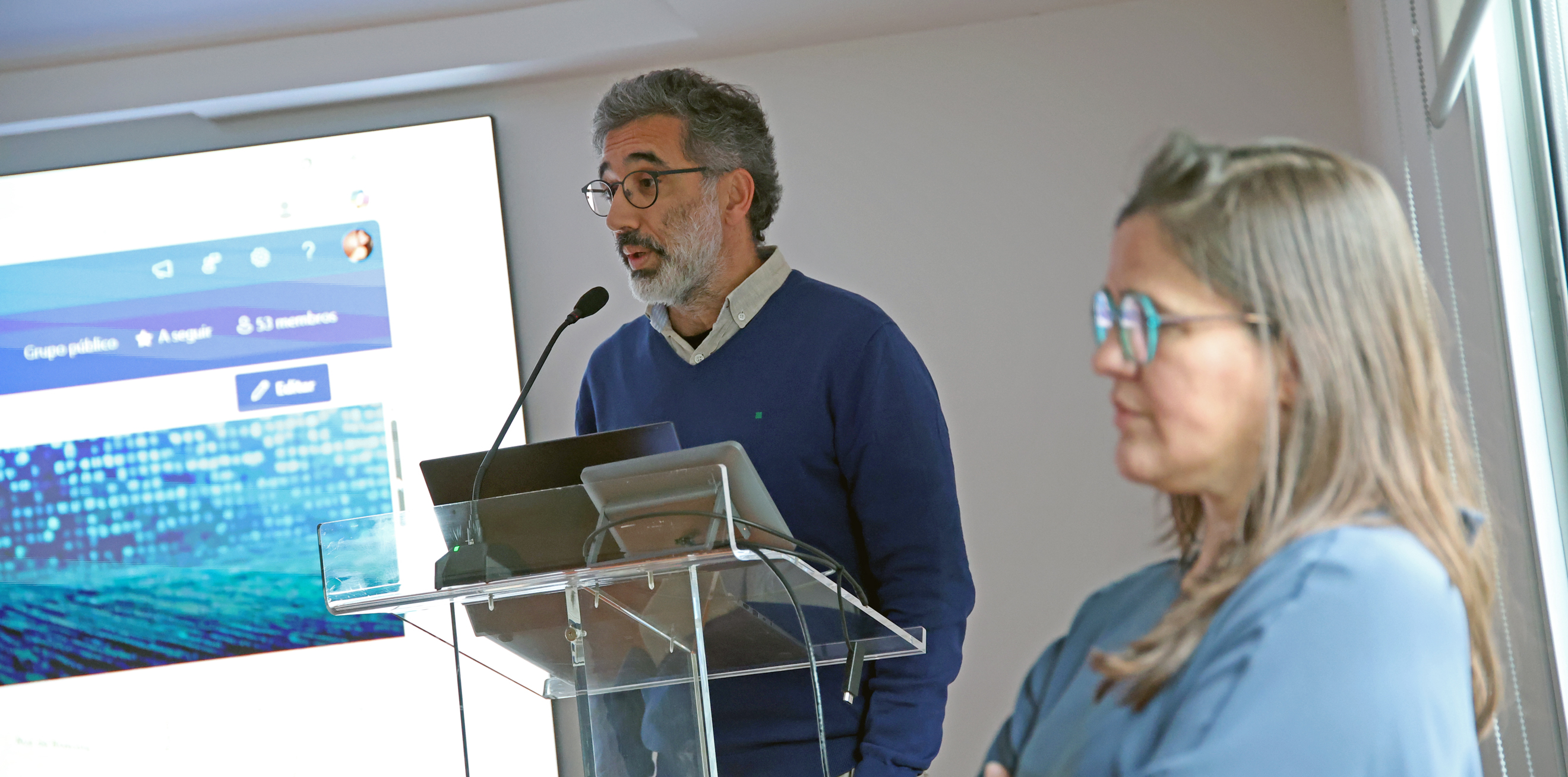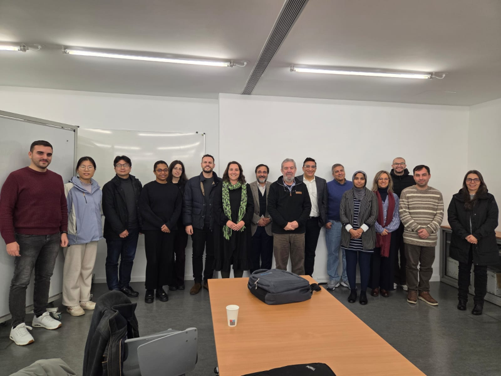Artificial Intelligence and Decision Support
Our Laboratory of Artificial Intelligence and Decision Support (LIAAD) conducts research in the fields of Artificial Intelligence, Machine Learning, Data Science, and Modelling. These areas are cross-cutting and apply to all sectors of society and the economy.
The vast amounts of data being collected, alongside the ubiquity of digitalisation and sensorisation, are increasingly creating opportunities and challenges for automating decision support.
The combination of Machine Learning and complex models is transforming the economy, healthcare, justice, industry, science, public administration, and education. This encourages us to invest in diverse technological and scientific approaches and perspectives.
Our overarching strategy is to explore the flow and diversification of data, and to invest in research lines that will lead to the development of applied Artificial Intelligence foundations and models that are responsible and human centred.



